Home Features
-

Twelve engineering students awarded prestigious NSF Graduate Research Fellowships
Nine engineering doctoral students have been awarded a prestigious National Science Foundation Graduate Research Fellowship. Three engineering undergraduate students also have received NSF fellowships. Read MoreApr 14, 2020
-
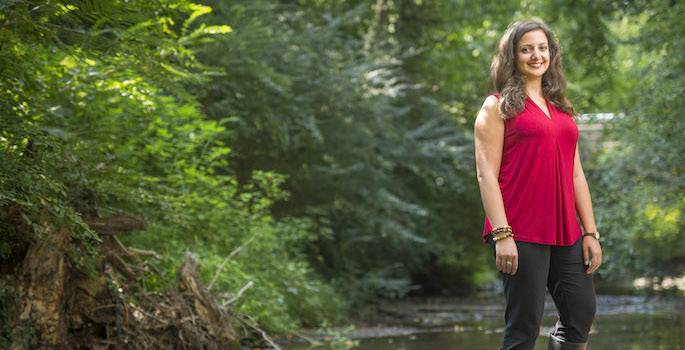
Baroud receives NSF Early CAREER Award to predict and inform community hazard response
Hiba Baroud has received a 2020 NSF Faculty Early CAREER Development grant to boost community resilience and sustainability through a three-pronged project that starts with a better understanding of how people and infrastructures interact during hazards. Read MoreMar 11, 2020
-

Team demos breakthrough in analog image processing, Nature reports
A research team of Vanderbilt engineers has demonstrated a new ultrathin filter, based on metamaterials, that allows for analog optical image processing. Read MoreFeb 24, 2020
-
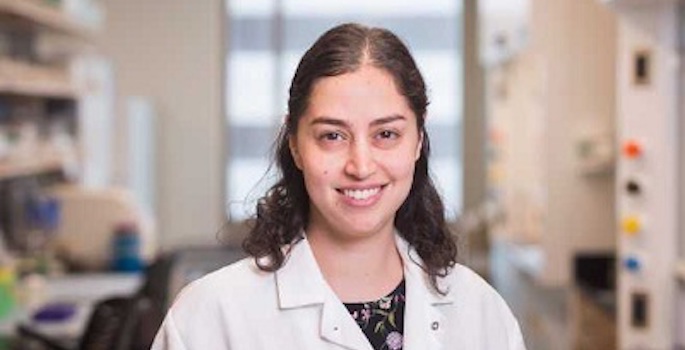
Rafat receives Young Investigator Grant from Breast Cancer Alliance
The two-year, $125,000 award will allow Marjan Rafat and her research group to investigate how radiation influences tumor and immune cell recruitment in triple negative breast cancer. Read MoreFeb 19, 2020
-

Vanderbilt engineers mine EMRs and clinical journals for novel disease associations and new research paths
A new tool developed by Vanderbilt engineers, in collaboration with clinical and informatic experts, can unearth novel co-morbidities from routinely collected, anonymized electronic medical records. Read MoreFeb 18, 2020
-

Vanderbilt University, L3Harris Technologies collaborate to advance engineers’ space survivability design, analysis, and test skills
A five-year partnership with Vanderbilt University’s Institute for Space and Defense Electronics will leverage the expertise of ISDE engineers and faculty members within the Vanderbilt School of Engineering to create a ready source of technological updates for all L3Harris radiation effects engineers. Read MoreFeb 13, 2020
-

Oguz uses ACCRE supercomputer daily for medical image analysis
For 17 years, Vanderbilt students and researchers have analyzed data with a method much faster than any normal laptop: a supercomputer steps away from the Commons Center. The Advanced Computing Center for Research and Education (ACCRE), which originated in 2003, is housed in the Hill Center. Read MoreJan 30, 2020
-

‘Film Detective’ helps kids with autism interpret actors’ actions
Maithilee Kunda and postdoc Roxanne Rashedi have developed a game called Film Detective to help adolescents on the autism spectrum learn to decode social scenarios. Read MoreJan 27, 2020
-
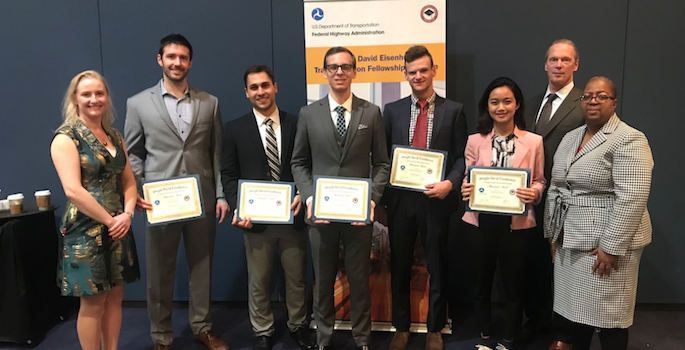
Five graduate students named Eisenhower Fellows
Five engineering Ph.D. students have received prestigious Dwight David Eisenhower Transportation Fellowships and one of them was named the top Eisenhower Fellow in the U.S. Read MoreJan 21, 2020
-

Engineers advance efforts to speed blood test results
Vanderbilt engineers are working on a process that ultimately may allow patients to get blood test results fast. Read MoreJan 13, 2020
-

Kidambi receives NSH Early Career Award to support atomically thin membrane research
Piran Kidambi has received a 2020 National Science Foundation Faculty Early Career Development grant. Read MoreJan 10, 2020
-

Vanderbilt mechanical engineers earn top materials research awards
Vanderbilt mechanical engineers took home top awards at the Dec. 6 meeting of the Materials Research Society in Boston, Massachusetts. Mechanical engineering professor Kelsey Hatzell received the Materials Research Society Nelson “Buck” Robinson Science and Technology Award for Renewable Energy. Hatzell was selected from more than 25 candidates for her research contributions to renewable energy.... Read MoreDec 13, 2019
-
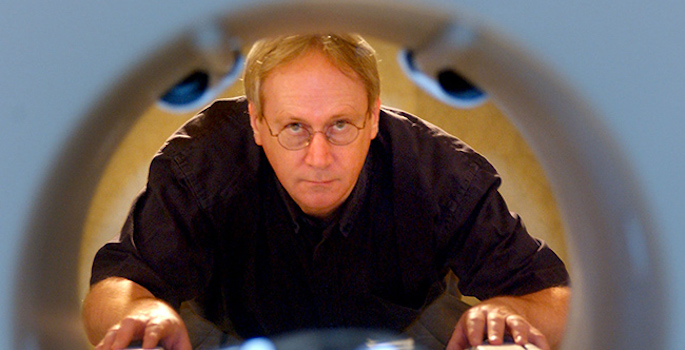
Gore named to committee on worker health overseas
John Gore, director of the Vanderbilt University Institute of Imaging Science, has been appointed to a National Academies of Sciences, Engineering and Medicine standing committee to advise the Department of State on unexplained health effects on U.S. government employees and their families at overseas embassies. Read MoreDec 12, 2019
-
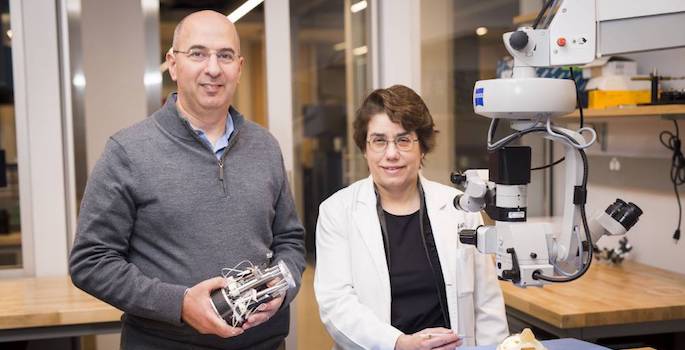
Robot prototype shows promise for microsurgery on eyes and aneurysms
A new continuum robot designed by Vanderbilt engineers achieves multiscale motion and may open up a huge world of previously impossible complex microsurgeries. Read MoreNov 14, 2019
-
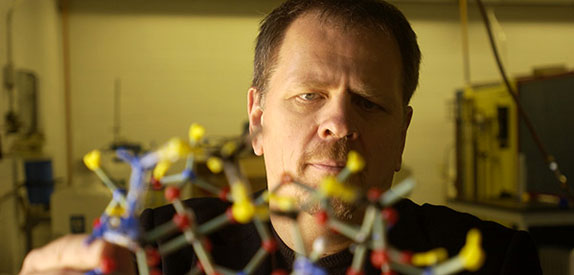
Peter Cummings is a Fellow of the Royal Society of Chemistry, UK
Peter T. Cummings, John R. Hall Professor of Chemical Engineering and the School of Engineering’s associate dean for research, has been named a Fellow of the Royal Society of Chemistry. Read MoreNov 13, 2019
-
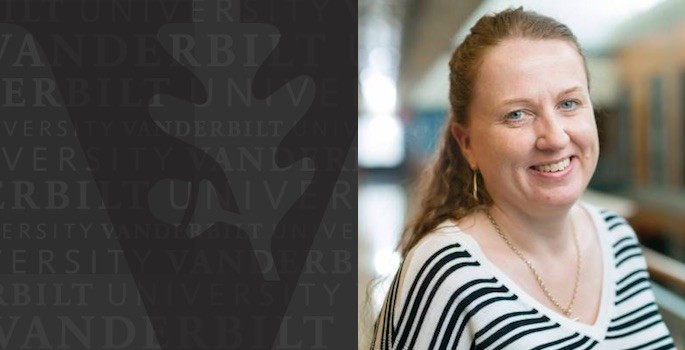
McCabe elected fellow of American Institute of Chemical Engineers
Clare McCabe, Cornelius Vanderbilt Professor of Engineering, has been named a fellow of the American Institute of Chemical Engineers, the highest grade of membership awarded by the AICHE and achieved only through election by the organization’s board of directors. Read MoreNov 12, 2019
-

Neuromodulation device studied as non-addictive option for chronic pain
With $3.6 million in funding, researchers from the Vanderbilt University Institute of Imaging Science are developing a focused ultrasound neuromodulation device as a non-invasive and non-addictive method for treating chronic pain. Read MoreNov 11, 2019
-

Valentine named Vanderbilt faculty liaison with ORNL
The Oak Ridge National Laboratory collaboration with Vanderbilt University will grow stronger through a new faculty liaison—a School of Engineering professor—and enhanced management of travel assistance awards. Read MoreNov 8, 2019
-

Vanderbilt Rocketeers take on the 2020 NASA Space Robotics Challenge
A 25-member engineering team—13 seniors, 9 undergraduates and three graduate students—in the Vanderbilt Aerospace Design Laboratory is taking on the 2020 NASA Student Launch challenge. Read MoreNov 7, 2019
-

How to fake a medical record in order to mitigate privacy risks
In machine learning, generative adversarial networks (GANs) involve two artificial neural networks squaring off, one, the generator, trying to delude the other, the discriminator, into accepting synthetic data as real. Beyond their science and engineering applications, GANs can generate utterly convincing “photographs” of people who do not exist. Unrestricted use on a wide scale of... Read MoreNov 4, 2019